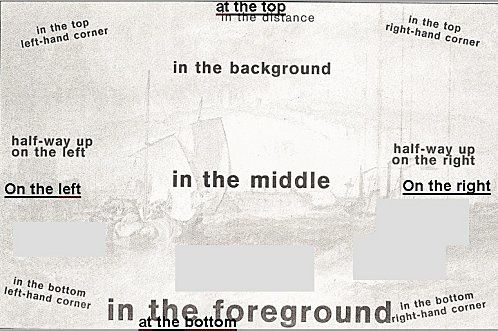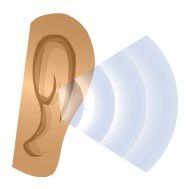
Welcome to the Premières LV2 pupils of 2014-2015!
Tout au long de l'année, dans cet article-ci, vous trouverez des documents et commentaires en rapport avec votre cours d'anglais.
Vous pouvez aussi faire quelques révisions. Vous trouverez des liens vers des sites de ressources et d'exercices interactifs variés dans les articles suivants : "Interesting Links for GRAMMAR", "Interesting Links for VOCABULARY", et "Interesting Links for BAC and METHOD".
A piece of advice (= un conseil) : mieux vaut en faire peu à la fois et régulièrement, que longtemps à "chaque" fois et peu souvent !
SCHEDULE of English classes:
1) You may want to check your skills at "classroom English" :
b) Here is a sheet you can print (= Voici une feuille que vous pouvez imprimer) and keep in your notebooks if you need help (= si vous avez besoin d'aide):
.

.
.

.
.
.


Daniel: I suppose - I mean, this is me thinking off the top of my head (= je dis ça spontanément) - but I imagine there would be so many more ways, you know...
it no longer ends after you leave school that day, you know, a child is now, you know, contactable at home in such a variety of ways that will all… that can go undetected by parents, that I imagine it’s… it’s easier, and it can be more and more anonymous now, as well, you know.
It used to be that a bully would have to come up to you (= Avant, une brute devait venir jusqu'à vous ) and say something to you, and now they can do it through Facebook, or Twitter or any of those awful muck-peddling sites (= sites qui colportent des ragots). It’s a shame (= C'est dommage ), but it does, I guess, seem, if not more prevalent, it certainly seems more aggressive now. I mean, but it’s also, I mean I... you know...
I talked to my friend in London who drove me on Potter for ten years, and he said, you know in, "there is a parallel to be seen just in fighting in the streets", and he said, you know, if he got into a fight when he was younger, the worst that would have happened to him was that he got his jaw broken
or you got a nose broken or… now, people fight and they kill each other, like it’s everything.
I think we do seem to live in quite an extreme age, but I also am very loath to state (= mais je répugne aussi à dire) that our age is that much more extreme than anything else, because I think it always seems to be the case that one generation…the most modern generation, always seems to be the worst, and I don’t think we can be.
- All classrooms should have web cameras so parents can monitor their children.
- Children who often misbehave should be told to leave the school forever.
- Parents of bullied children can sue the bully's parents.
- Teachers should receive better training to understand bullies and stop them.
- Parents of bullies should be named and shamed in local newspapers.
- Well-behaved children can suggest punishments for badly behaved children.
- Teachers who cannot control their classrooms should be fired.
- Bullies should be put in special children's prisons.

12) "Black Friday" - recording and transcript:










